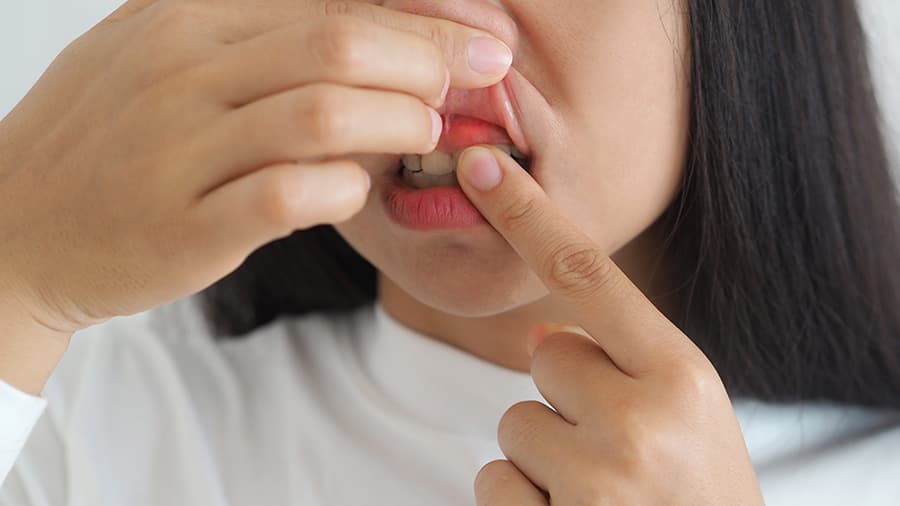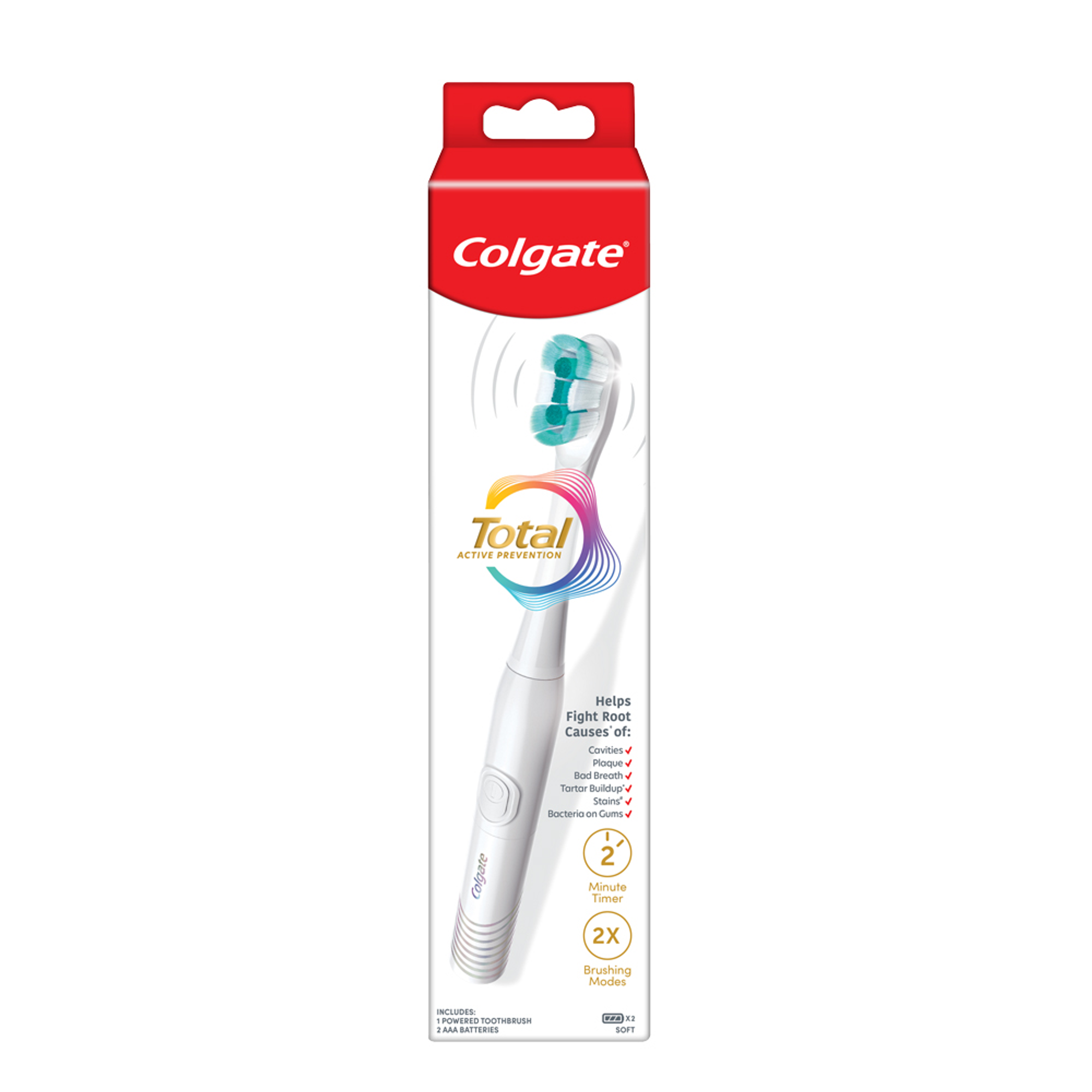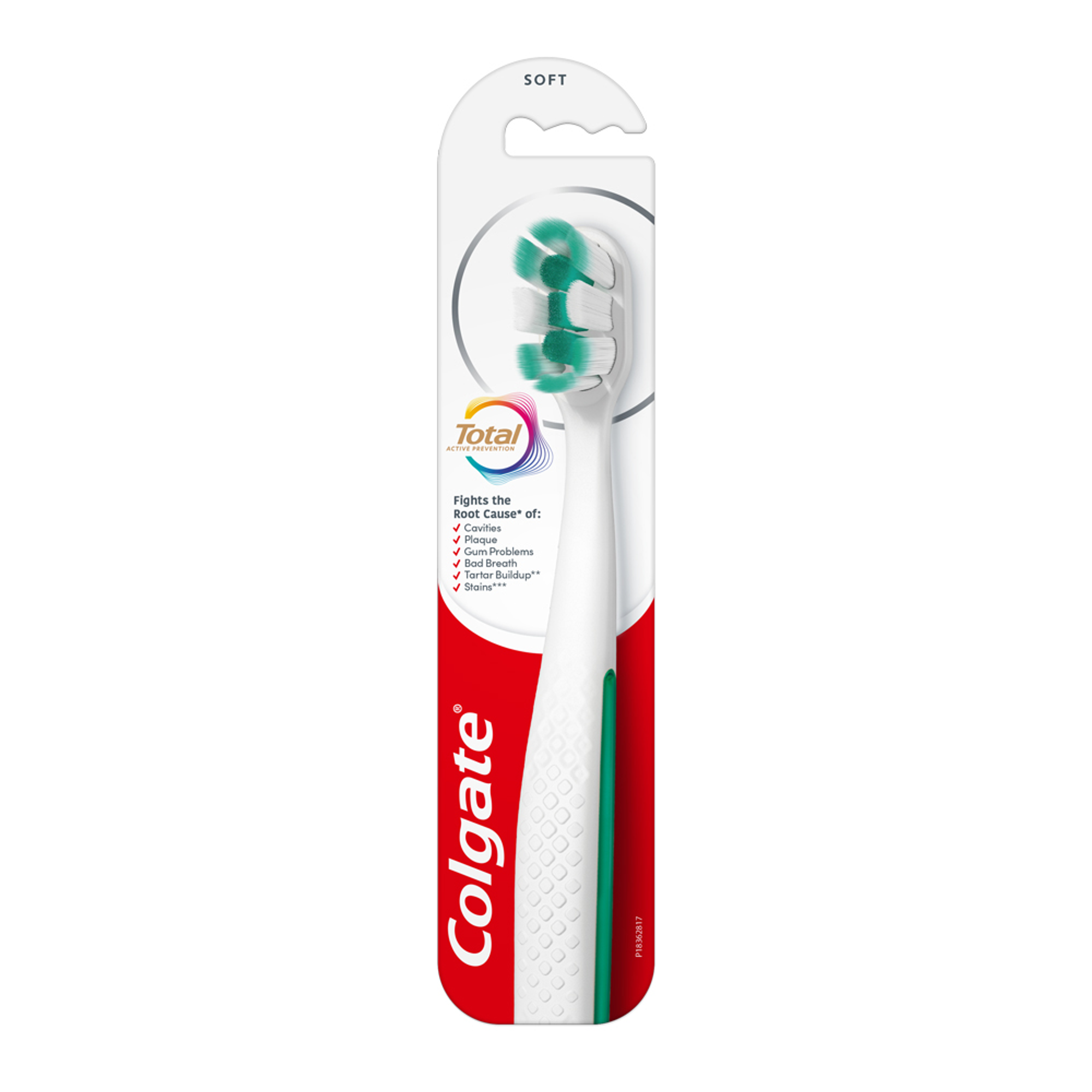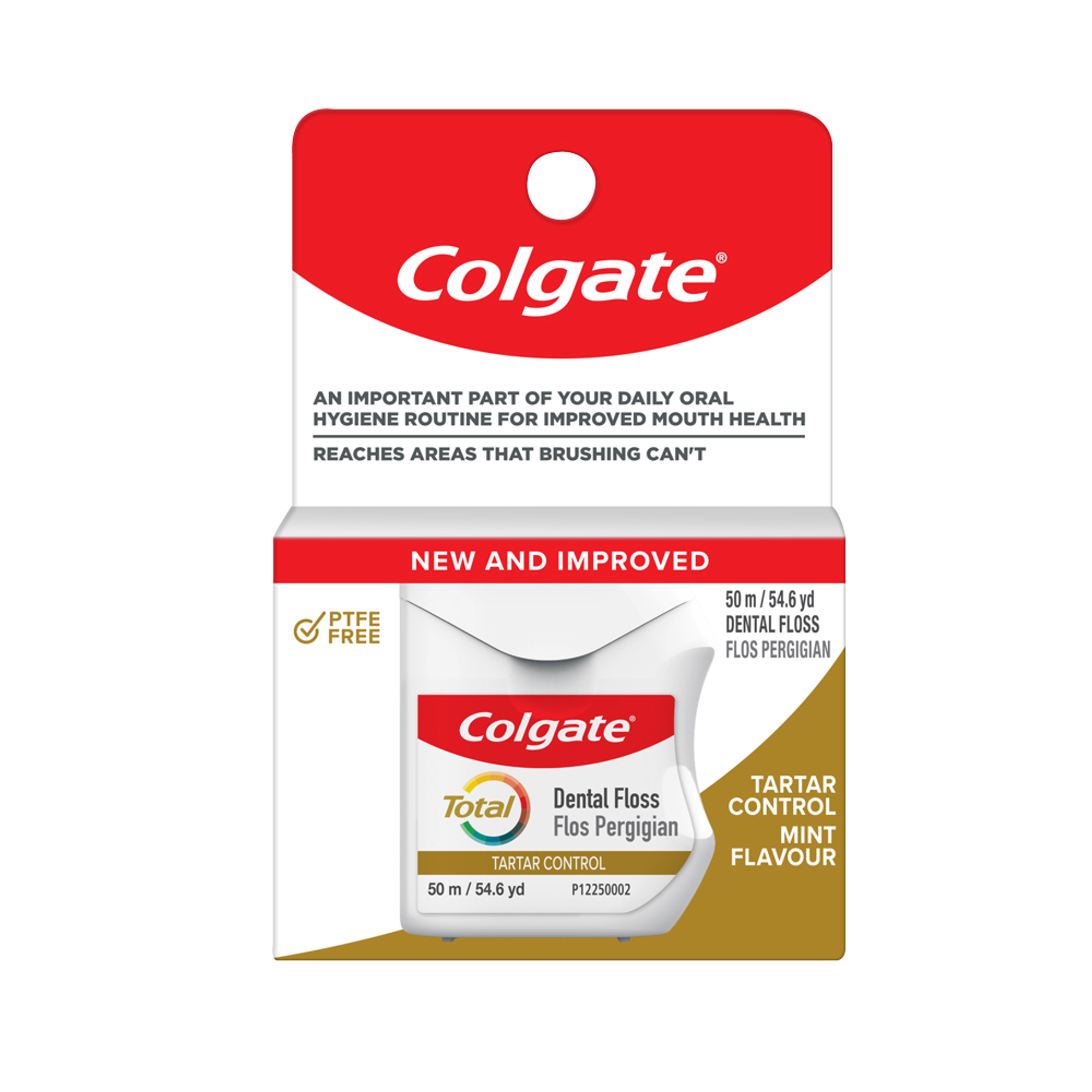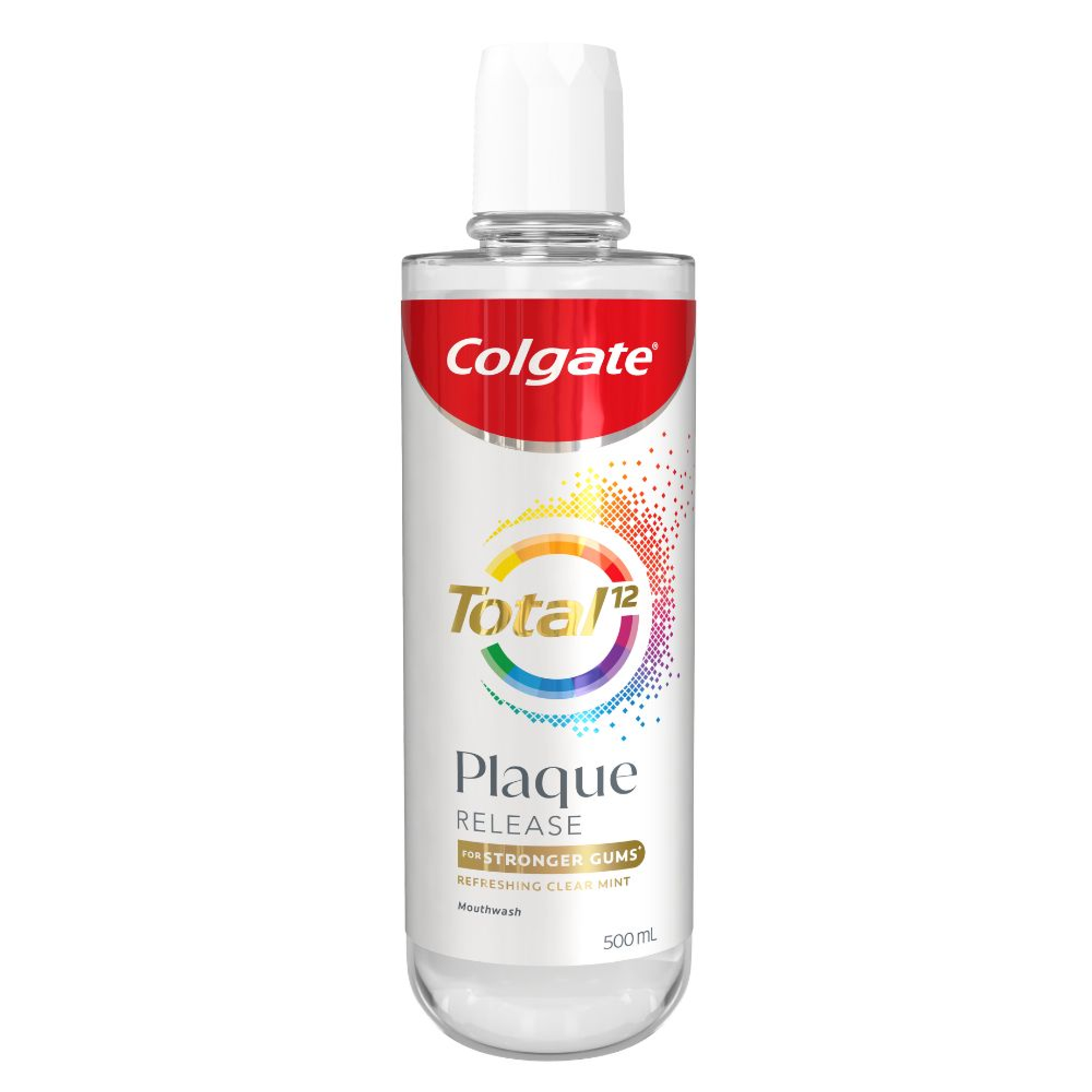More often than not, swelling in the gums is not problematic; with proper care and treatment, they can return to normal. Read on to understand more about gum swelling, its symptoms, and its causes. Discover the treatments available and preventive measures to keep your gum health intact.
What do Swollen Gums Mean?
Swollen or inflamed gums are different from the typical pink, firm, and fibrous appearance. They look abnormally enlarged, red, sore, and bulged out. The swellings usually appear at one or more triangular areas of the gums between teeth. The inflammation may gradually start hiding parts of the teeth. Swollen gums are easy to notice after brushing or flossing (interdental cleaning) or eating anything hard or crunchy.
What Causes Swollen Gums?
Though early gum disease (gingivitis) is among the most common causes of swollen gums, several other factors can also be the culprit. Painful swollen gums are often a result of an untreated, advanced gum disease or periodontitis. Amidst poor oral hygiene habits, the accumulation of plaque (biofilm) or tartar (hardened plaque) along the gum line irritates the gums, causing gum infection and swelling.
Moreover, there are various factors, such as age, stress, obesity, tobacco, and genetics, that can increase the risk of gum inflammation. Here are some other possible causes to watch out for:
Poor nutrition: Deficiency of certain nutrients, such as Vitamin C, can result in gum inflammation. This can be avoided by paying attention to the diet. It is ideal to include fruits, vegetables, and foods that are rich in such nutrients to avoid and overcome deficiencies.
Improper dental wear: Poorly fitting dental appliances such as retainers, braces, or dentures can cause gum inflammation.
Pregnancy: Hormonal changes during pregnancy can increase the risk of gum sensitivity and swelling.
Medications: Sometimes gum inflammation may occur as a side effect of a new medication that you have recently started. In such cases, consulting your healthcare professional for the right solution is ideal.
Different oral care products: Switching the brand of oral care products, such as toothpaste or mouthwash, can trigger gum irritation and swelling in some people.
Symptoms of Swollen Gums
While healthy gums are pink and fit tightly around the teeth, swollen gums appear puffy, bulged out, and red from increased blood flow. Gum swelling, or gingival swelling, can be found localised around a tooth or multiple areas on the gums in triangle-shaped areas between teeth. Gingival inflammation resulting from periodontal disease may often be accompanied by other symptoms that include:
Bleeding gums while brushing or flossing
Redness and puffiness
Tender or sore gums
Bad breath
Gums that move away from teeth (gum recession)
Mouth sores or ulcers
Painful swollen gums are often an indication of advanced gum infection caused by uncleaned plaque or tartar buildup below the gum line. Timely detection and treatment can prevent further implications, such as damage to the gum tissue, bone loss, dental abscesses, and tooth loss. If you experience the above symptoms or if they appear often, it is ideal to consult a dental professional early on for a proper diagnosis.
What Are The Treatment Options For Swollen Gums?
Swelling in the gums can be troublesome and should not be ignored if it persists. It is essential to identify and address the underlying cause before opting for a home remedy or medicine for swollen gums. For this reason, a proper diagnosis by a dental hygienist is ideal to rule out various possibilities, such as gingivitis. If gum infection or disease is detected, the dentist can suggest the right gum disease treatment for you.
Swelling caused by food debris lodged below the gum line usually goes away with good oral hygiene. If a newly adopted dental care product irritates the gums, it is ideal to stop using it. If the swelling has resulted from pregnancy or the use of any medications, a healthcare professional can provide you with a suitable solution. If you are wondering how to treat swollen gums, the following are some options to consider:
Medical Treatment For Swollen Gums
If swelling in the gums lasts over two weeks, consulting a dentist for diagnosis and treatment is crucial. For an underlying gum disease, a dentist or periodontist treats it to reduce the swelling. The treatment may vary based on the extent of gum disease, whether an early stage (gingivitis) or advanced stage (periodontitis). Professional treatments for gum infection and swelling include various methods as follows:
Deep cleaning: It involves scaling and root planing in which deep-set plaque and tartar are removed from teeth and gum line. The procedure also soothes the gums to snugly fit the teeth and reduces gingival pockets caused by plaque buildup.
Medicines & oral care products: The dentist may prescribe antibiotic medicine for swollen gums and oral care products such as antibacterial mouthwash or toothpaste to fight the infection.
Surgical treatments: They are required when the infection has progressed badly. Early detection and treatment of gum infection and swelling prevent the need for surgical treatments at an advanced stage.
Home Remedies For Swollen Gums
If you are in search of a swollen gums remedy, it is essential to understand that any home remedy for swollen gums only offers temporary relief from discomfort. For effective and lasting relief, addressing the underlying cause, whether oral or non-oral in origin, is vital. Some tips that you can consider trying at home to ease your discomfort include:
Rinsing the mouth with salt water. The antibacterial property of salt helps fight infection, reduce swelling, and soothe discomfort.
Opting for a balanced diet. Avoid foods and beverages that irritate the gums and worsen inflammation, such as carbonated drinks. Choose soft, cold foods that soothe the gums.
Avoiding mouthwash or toothpaste that irritates the gums and causes swelling. Choose dentist-recommended oral care products instead.
Refraining from partaking in tobacco and alcohol, as they easily irritate the gums and worsen the swelling.
Consulting a dentist before using any over-the-counter medicines that are available to soothe the discomfort.
How to Prevent Swollen Gums?
Gum swelling that occurs from gum diseases can be prevented with proactive measures that include proper oral hygiene. For effective prevention of problems related to your gums and to improve your oral health, consistently practising the following measures is crucial:
Brush your teeth twice daily to prevent plaque and tartar buildup along the gum line. Using a fluoride toothpaste helps resist tooth decay.
Floss once daily to remove plaque or food debris stuck between the teeth where it is difficult for the toothbrush to reach.
Use a dentist-recommended antibacterial mouthwash to keep gum infections at bay.
Rinse the mouth thoroughly with water after every meal or snack.
Ensure regular dental visits to get your whole mouth examined. Regular cleaning by a dentist helps get rid of plaque or tartar deposits that escape your oral care routine and rule out any hidden gum problems.
Swollen gums are a common oral issue, often arising from poor oral hygiene or underlying problems. Effective relief lies in identifying and treating its root cause. Though home remedies can provide temporary relief, it is crucial to consult a dentist for a proper diagnosis and treatment if the inflammation persists. With consistent oral hygiene practices, including regular brushing, flossing, and dental check-ups, you can keep gum inflammation at bay.
Frequently Asked Questions
Why are my gums suddenly swollen?
Having your gums swollen suddenly can arise from various factors. The most common culprit is gum disease (gingivitis), while other factors include side effects of some vitamin deficiencies, medicines, hormonal changes, or a reaction to some oral care products.
How to get rid of inflamed gums?
Getting rid of inflamed gums requires identifying and treating the underlying cause. Brushing and flossing help get rid of swellings caused by food debris stuck under the gum line. Prolonged inflammation that often results from gum diseases needs to be treated by a dental professional. This may involve deep teeth cleaning and the use of medications.
How long does swollen gum last?
A mild swelling caused by food particles or plaque lodged under the gum line goes away quickly with proper oral hygiene. However, persistent swelling accompanied by bleeding or gum pain can arise from gum diseases and may last for over a week. It does not subside with a swollen gums remedy and requires treatment by a dentist for an effective cure.
What is the best medicine for swollen gums?
There is no specific “best medicine for swollen gums”, and an effective cure lies in addressing the underlying cause. Over-the-counter medicines only soothe the discomfort temporarily. Consulting a dentist helps rule out gum diseases or other health conditions. If gum disease is diagnosed, the dentist suggests appropriate treatment and necessary medications.





